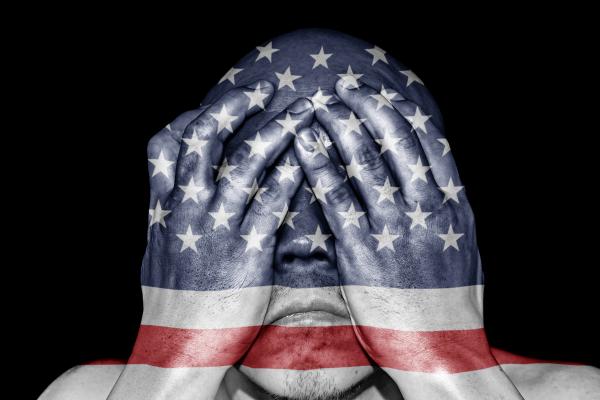I still remember.
We returned from a midweek worship service to the first house we rented since immigrating to America. This house had no iconic white picket fence, but a mesh steel one that marked our front and back yards where we let our rescue dog roam. Regardless, we felt we were realizing our American dream.
When we drove up to the garage that day, ugly black ink greeted us, hissing in large angry letters all over our front door and wall: “Go back home Chink!”
We were Koreans, not Chinese, a distinction lost on prejudiced hate.
The racial slur was not new to my ears. But spoken words expire with the breath — graffiti has the permanence of ink. And it felt like the deepest violation because it was sprayed on our home. As anyone who has been robbed knows, one’s home and one’s sense of self occupy the same space.
My father brought out a bucket and sponge from the garage and told us to get scrubbing. My brothers and I scrubbed as hard as we could. Most of the ink dripped off, but the outlines of the letters persisted like a ghost.
Feb. 19 was the tragic anniversary of 1942’s Executive Order 9066, which codified racial slurs into law. U.S. government officials removed “japs” from their homes and fenced them like dogs in America’s version of the concentration camp. These were not the death machines of Auschwitz, but they were places where death took place — not the least, the death of the American dream for thousands of American citizens and legal residents herded in those camps.
There has always been two Americas; America as the dream and America in its reality. America as the dream is not a dream of houses with picket fences, but, in words of Langston Hughes, the wild vision of liberty for all.
Let America be the dream the dreamers dreamed—
Let it be that great strong land of love
Where never kings connive nor tyrants scheme
That any man be crushed by one above.
America in its reality is the dream not offered to everyone, the dream refused and revoked for some in order to secure and guard power for the “kings” and “tyrants.”
The poet Frank Bidart writes, “Every serious work of art about America has the same theme: America is a great Idea: the reality leaves something to be desired.”
The history of America is the story of the great struggle between the dream of equality and the nightmare of how equality is defined. All men are created equal, but not poor men, or men of color, or women. Send me the “wretched refuse of your teeming shore. Send these, the homeless, tempest-tost to me” … but not if they are Irish, French, German, Chinese, Japanese, Mexican, or Muslim.
The call of the prophet is to call one’s nation to repentance, to courageously expose the hypocrisies and contradictions between dreams and reality. America has to be awoken from the stupor of false dreams.
The second call of the prophet is to be a poet, to speak of the dream with such imagination that hope is animated, that vision is sharpened to see a new way forward, and that feet are strengthened to walk toward it.
What is most dangerous for the prophet is not their call to repentance, but their prophecies of a new life.
It is the very possibility of the dream that frightens people.
Got something to say about what you're reading? We value your feedback!

